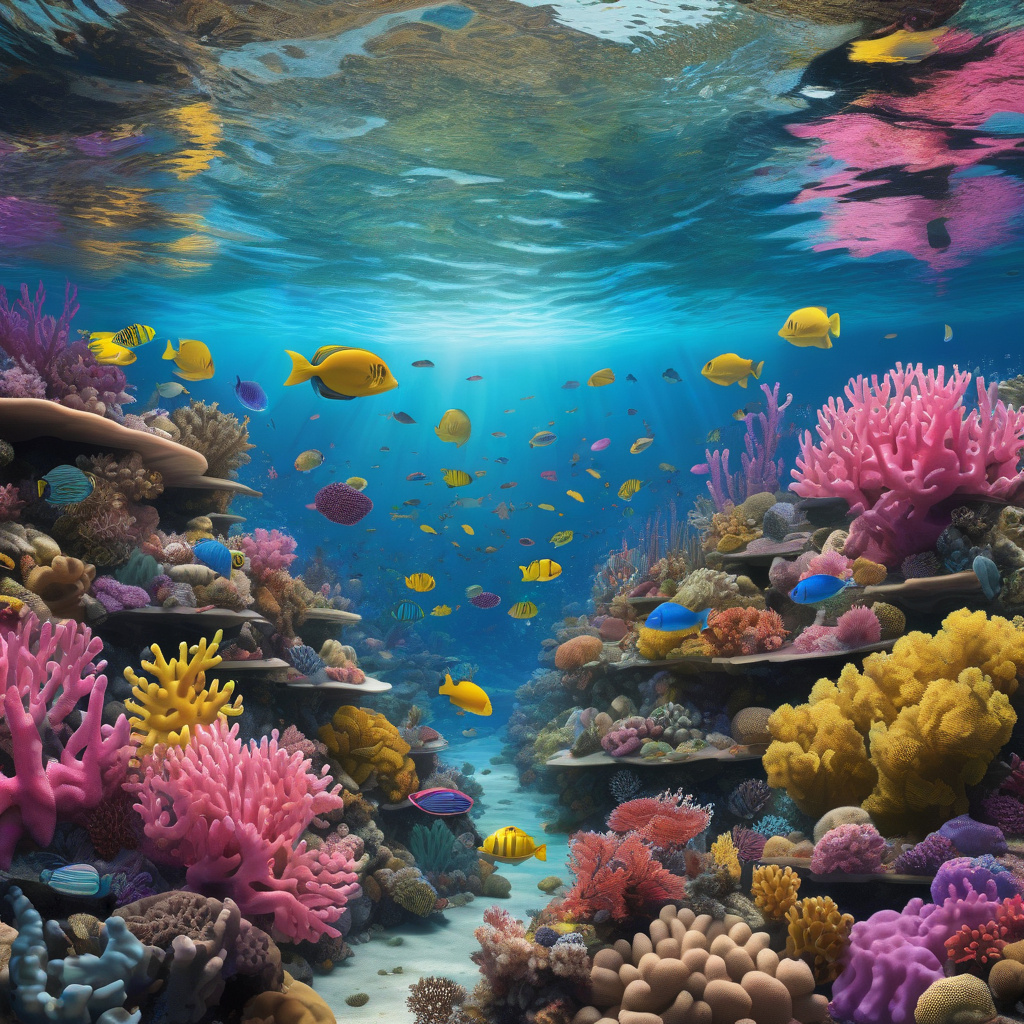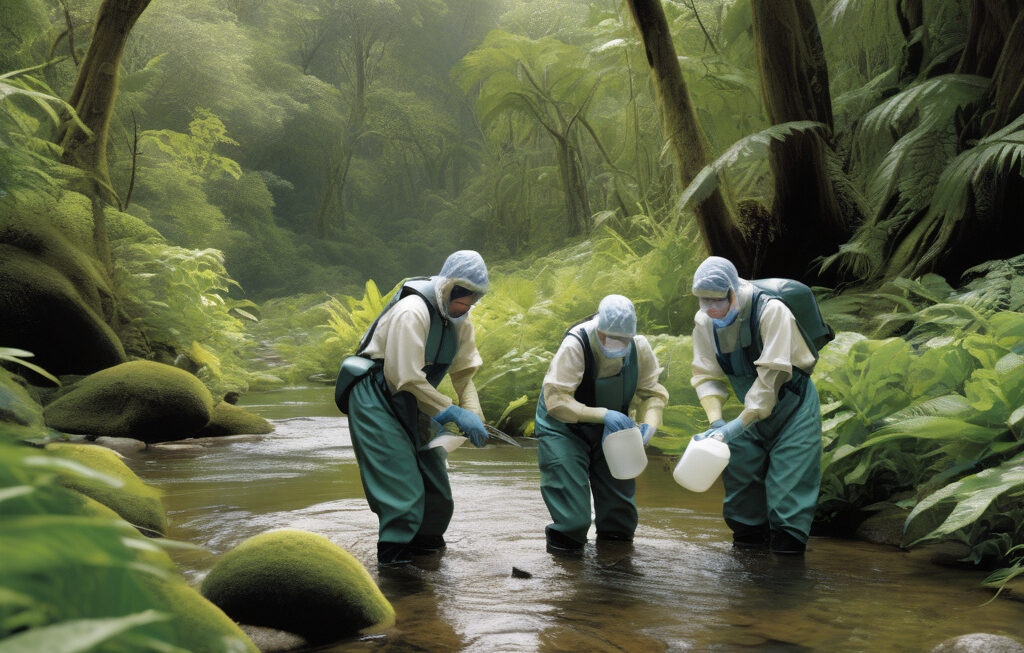MIT Scientists Find First Evidence that Rivers Form Coral Reef Passes
In a new groundbreaking study out of MIT, researchers proved a theory that island rivers play a significant role in the formation of coral reef passes. This discovery challenges conventional beliefs about the origins of these underwater pathways and highlights the intricate relationship between terrestrial and marine ecosystems.
Coral reef passes, also known as channels or keyways, are essential components of healthy reef systems. They serve as conduits for water flow, facilitating nutrient exchange, larval transport, and overall ecosystem connectivity. While it has long been understood that ocean currents and wave action contribute to the shaping of these underwater structures, the specific influence of rivers has remained a topic of debate among marine scientists.
The MIT study focused on islands with large rivers that discharge substantial amounts of freshwater and sediment into the surrounding ocean. By combining field observations, satellite imagery, and hydrodynamic modeling, the research team demonstrated how river outflows create distinct patterns in reef pass morphology. The findings indicate that the erosive forces of freshwater input, along with sediment transport, sculpt channels through coral formations over time.
Dr. Elena Martinez, lead author of the study, explained, “We have observed clear evidence of river-induced morphological features in coral reef passes. The interaction between fluvial and tidal processes appears to be a key driver in shaping these underwater pathways, influencing biodiversity and ecological dynamics in reef environments.”
Moreover, the research sheds light on the vulnerability of coral reef passes to human activities such as dam construction, deforestation, and land-use changes. Alterations in river discharge patterns can disrupt the natural balance of sediment delivery to coastal areas, leading to sedimentation or erosion of reef structures. This emphasizes the interconnectedness of land and sea systems and the importance of integrated coastal management to preserve reef health.
The implications of this study extend beyond scientific understanding to conservation and resource management efforts. By recognizing the role of rivers in shaping coral reef passes, policymakers and stakeholders can implement strategies to protect watershed areas and mitigate potential impacts on adjacent marine ecosystems. Sustainable land use practices and ecosystem-based approaches are crucial for safeguarding the resilience of coral reefs in the face of environmental challenges.
As we continue to unravel the complex interactions within natural systems, studies like the one conducted by MIT scientists offer valuable insights into the mechanisms driving ecosystem dynamics. By bridging the gap between terrestrial and marine sciences, researchers pave the way for holistic approaches to environmental stewardship and biodiversity conservation.
In conclusion, the discovery of river-induced formation of coral reef passes represents a significant advancement in marine science, highlighting the interconnected nature of Earth’s systems. By acknowledging the intricate relationship between rivers and reefs, we can enhance our efforts to protect and preserve these invaluable ecosystems for future generations.
MIT, coral reefs, rivers, ecosystem dynamics, marine science












